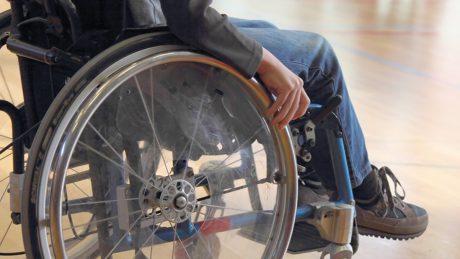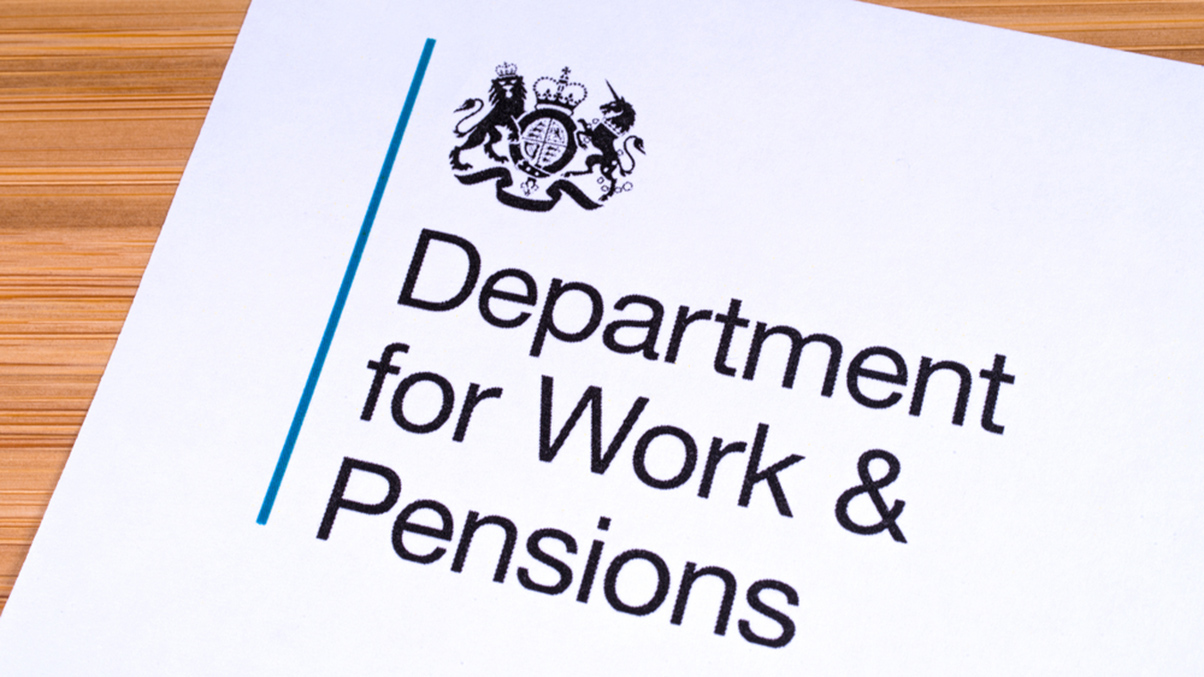Last month, paralegal Pippa Arnold compiled her top tips for challenging a decision of the Department of Work and Pensions (DWP) following an application for Personal Independence Payment (PIP) or Employment Support Allowance (ESA), by mandatory reconsideration.
In this article, Paralegal Liana Turner compiles a list of top tips for appealing the decision to the First-Tier Tribunal (“Tribunal”) following a mandatory reconsideration.
Have your mandatory reconsideration notice to hand
You must request a mandatory reconsideration of the DWP’s decision before you can appeal the decision to the Tribunal. Once the DWP reconsiders its decision, it will send you a mandatory reconsideration notice letter. You will need this letter to submit your appeal.
Some exceptions apply to the general rule that you need a mandatory reconsideration before making an appeal to the Tribunal. If an exception applies to you, your decision letter will tell you why. You will be asked to provide this explanation when you submit your appeal.
Take note of the time limit
You must submit your appeal within one month of the date of your mandatory reconsideration notice. The date will be stated in the letter.
If you fail to do so, you may still be able to appeal the decision provided:
- you submitted the appeal as soon as possible, and
- the date of the decision was less than 13 months ago, and
- you have a good reason for submitting the appeal past the one-month deadline.
You will be asked to provide a reason why you submitted your appeal late. You should explain why you could not submit the appeal within one month. For example, you may have been unwell or have had difficult personal circumstances.
Apply online
The easiest and quickest way to submit an appeal is to apply online. You will be taken through a series of steps, and you can save your appeal as you go.
Once you submit your appeal online, you will have an online record of the appeal that you can refer back to.
If you are unable to apply online, you can submit an appeal form by post.
Be specific about your reasons for your appeal
The Tribunal will ask you to submit the reasons why you disagree with the DWP’s decision.
You should try to be specific about which parts of the DWP’s decision you disagree with and why you disagree with those parts. For example, it may be that you think the DWP failed to take into account a particular aspect of your disability. You should also try to state what decision you think the DWP should have made instead.
It may be helpful to refer to the following when writing your reasons for appeal:
- the points-based system the DWP uses to make its decision
- your decision letter
- your medical assessment report
- any other evidence you may have.
Provide evidence
You may want to submit documents with your appeal. You do not have to, but any evidence that demonstrates the extent of your disability and how it affects you will assist the Tribunal in understanding whether the DWP’s decision was correct.
If you do not have the evidence before the one-month deadline, you should submit the appeal without the evidence in order to comply with the time limit. You can submit the evidence later once you have received it.
Decide whether you wish to attend an in-person hearing
You will need to decide whether you want to attend a Tribunal hearing. The hearing may take place by telephone, via video link or face-to-face. A hearing will give you a further opportunity to explain to the Tribunal why the decision was wrong.
The hearing will be informal and you can take someone with you, such as a friend, carer or adviser.
You can ask for any adjustments you may need due to your disability. You can also request an interpreter if you think it will be helpful to you.
You can also inform the court of any dates you will not be available to attend a hearing when you submit the appeal.
If you decide that you do not want a hearing, your appeal will be decided on your appeal form and any supporting evidence you provide unless the Tribunal considers a hearing is necessary.
For more information on appealing a decision of the DWP to the Tribunal, please see the government guidance or visit Citizen’s Advice for more on appealing a PIP decision or appealing an ESA decision.
The Legal Service – We are here to help
The Legal Service, delivered by our pro bono team, provides patients with advice without obligation, for however long it takes to resolve the issue. Our support is available regardless of the circumstances of an accident and regardless of whether a patient has a personal injury claim.
In these difficult times, the concerns of our pro bono clients are likely to be more stark than those in more fortunate circumstances. The Legal Service will be available throughout the crisis to help in any way we can to ease the burden on our clients.
To get advice from The Legal Service, please contact Kara Smith by phone on 020 7822 8000 or by email at ksmith@stewartslaw.com.
You can find further information regarding our injury expertise, experience and team on our Personal Injury pages.
Subscribe – In order to receive our news straight to your inbox, subscribe here. Our newsletters are sent out once a month.





